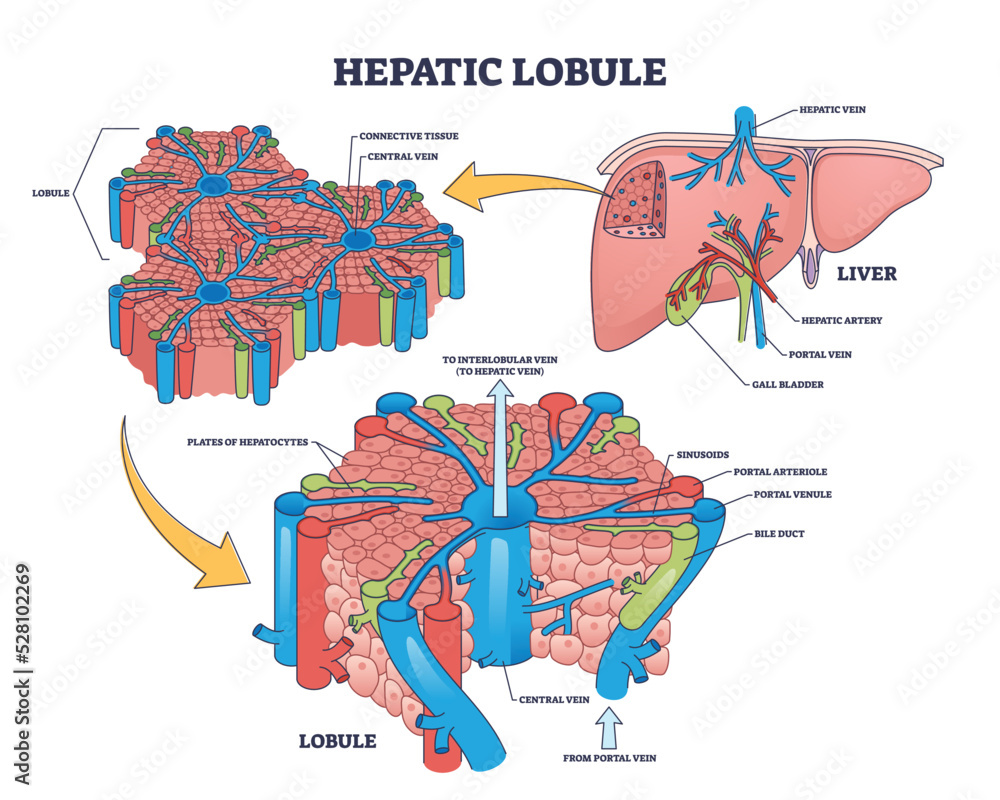Hepatic Function Panel

The liver plays a vital role in maintaining the body’s overall health, and assessing its function is crucial for diagnosing and managing various diseases. A Hepatic Function Panel, also known as a Liver Function Test (LFT), is a comprehensive diagnostic tool that measures various enzymes, proteins, and substances to evaluate the liver’s condition. This panel is essential for identifying liver disorders, monitoring disease progression, and assessing the effectiveness of treatments.
What is a Hepatic Function Panel?
A Hepatic Function Panel typically includes a combination of tests that assess different aspects of liver function, such as:
- Alanine Transaminase (ALT): An enzyme found primarily in the liver, ALT is released into the bloodstream when liver cells are damaged.
- Aspartate Transaminase (AST): Another enzyme found in the liver, AST is also released into the bloodstream when liver cells are damaged.
- Alkaline Phosphatase (ALP): An enzyme found in the liver and bones, ALP is involved in the breakdown of proteins and the formation of bile.
- Gamma-Glutamyl Transferase (GGT): An enzyme found in the liver, GGT is involved in the breakdown of glutathione, an antioxidant.
- Total Bilirubin: A yellow pigment produced during the breakdown of hemoglobin, total bilirubin is measured to assess liver function and detect jaundice.
- Direct Bilirubin: A conjugated form of bilirubin, direct bilirubin is measured to assess liver function and detect liver disease.
- Total Protein: A measure of the total amount of protein in the blood, including albumin and globulin.
- Albumin: A protein produced by the liver, albumin is essential for maintaining fluid balance and transporting hormones, vitamins, and other substances.
- Globulin: A type of protein produced by the liver, globulin is involved in the immune system and inflammation.
Why is a Hepatic Function Panel important?
A Hepatic Function Panel is essential for:
- Diagnosing liver disease: The panel helps identify liver disorders, such as hepatitis, cirrhosis, and liver cancer.
- Monitoring disease progression: Regular testing helps track the progression of liver disease and assess the effectiveness of treatments.
- Assessing liver damage: The panel helps evaluate liver damage caused by medications, toxins, or other substances.
- Screening for liver disease: The panel is used to screen for liver disease in individuals with risk factors, such as excessive alcohol consumption or family history of liver disease.
Interpreting Hepatic Function Panel results
Interpreting the results of a Hepatic Function Panel requires a comprehensive understanding of liver function and the individual’s medical history. The following are general guidelines for interpreting the results:
- Normal results: Indicates normal liver function.
- Elevated results: May indicate liver damage or disease, such as hepatitis or cirrhosis.
- Abnormal results: May indicate liver disease, such as liver cancer or bile duct obstruction.
It is essential to consult a healthcare professional to interpret the results and determine the best course of action.
FAQs
What is the purpose of a Hepatic Function Panel?
+A Hepatic Function Panel is used to assess liver function, diagnose liver disease, and monitor disease progression.
What tests are included in a Hepatic Function Panel?
+A Hepatic Function Panel typically includes tests such as ALT, AST, ALP, GGT, total bilirubin, direct bilirubin, total protein, albumin, and globulin.
How often should I get a Hepatic Function Panel?
+The frequency of getting a Hepatic Function Panel depends on individual risk factors and medical history. It is essential to consult a healthcare professional to determine the best course of action.
Can a Hepatic Function Panel diagnose liver cancer?
+A Hepatic Function Panel can help identify liver damage or disease, but it is not a definitive test for liver cancer. Additional tests, such as imaging studies and liver biopsy, may be necessary to diagnose liver cancer.
What can I do to maintain healthy liver function?
+To maintain healthy liver function, it is essential to eat a balanced diet, avoid excessive alcohol consumption, and avoid exposure to toxins and other substances that can damage the liver.
In conclusion, a Hepatic Function Panel is a valuable diagnostic tool that helps assess liver function, diagnose liver disease, and monitor disease progression. It is essential to consult a healthcare professional to interpret the results and determine the best course of action. By maintaining a healthy lifestyle and getting regular check-ups, individuals can reduce their risk of liver disease and maintain optimal liver function.



